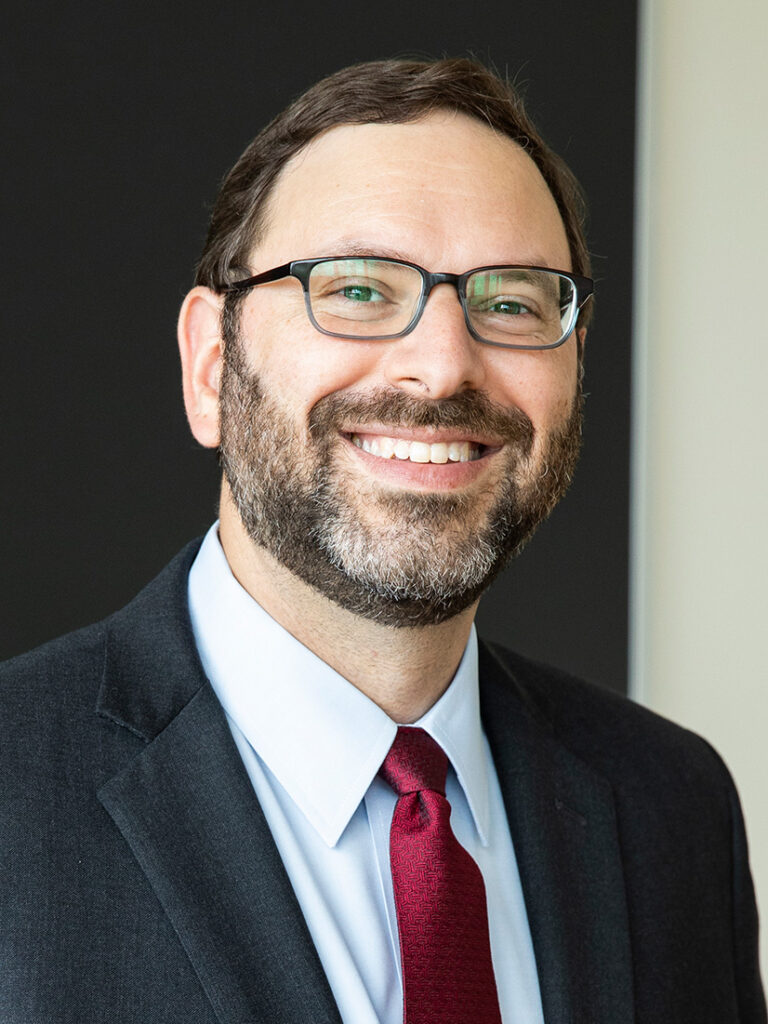Nothing to do: There’s been a good bit of attention to the student government race at Bir Zeit University in the West Bank–especially the following exchange, as recorded by the AP:
At a debate, the Hamas candidate asked the Fatah candidate: “Hamas activists in this university killed 135 Zionists. How many did Fatah activists from Bir Zeit kill?”
The Fatah candidate refused to answer, suggesting his rival “look at the paper, go to the archives and see for yourself. Al-Aqsa Martyrs’ Brigades have not stopped fighting the occupation.”
Fatah set up models of Jewish settlements and then blew them up with fireworks…
Hamas countered by blowing up models of Israeli buses, a tribute to the dozens of suicide bombings its members have carried out in the past three years, killing hundreds of Israelis.
What’s even more frightening, however, is the following:
Student issues were barely touched on because the Palestinians’ main problem is the Israeli occupation, candidates said.
“We have been living under hard conditions. Our students are going through checkpoints, many of them have been scared and arrested, so this is our life now. Our life is resistance,” [Fatah candidate Khaled] Samara said.
Hamas said fighting Israel is the only issue. “We are a resistance movement and without resistance we have nothing to do,” said Moussa Kiswani, a Hamas activist.
This is the clearest sign I’ve yet seen that politics in the occupied territories have been eviscerated. Like other corrupt elites in the Arab world, the Palestinian Authority has an interest in hiding its ineffectiveness, telling its people that meaningful improvements in their lives can come only after Israel withdraws from the occupied territories–a claim that Hamas charities are proving false every day. But I never knew that this claim had infected politics right down to the level of student government.
The only way for Israel to obtain a lasting peace, it now seems, is to make the falseness of this claim radically apparent–to convince individual Palestinians that there is life outside the struggle. After all, what is there to negotiate with a movement whose entire identity has been shaped around murdering civilians on buses? And how can one reach peace with an organization which admits, without irony, that “without resistance we have nothing to do”?
